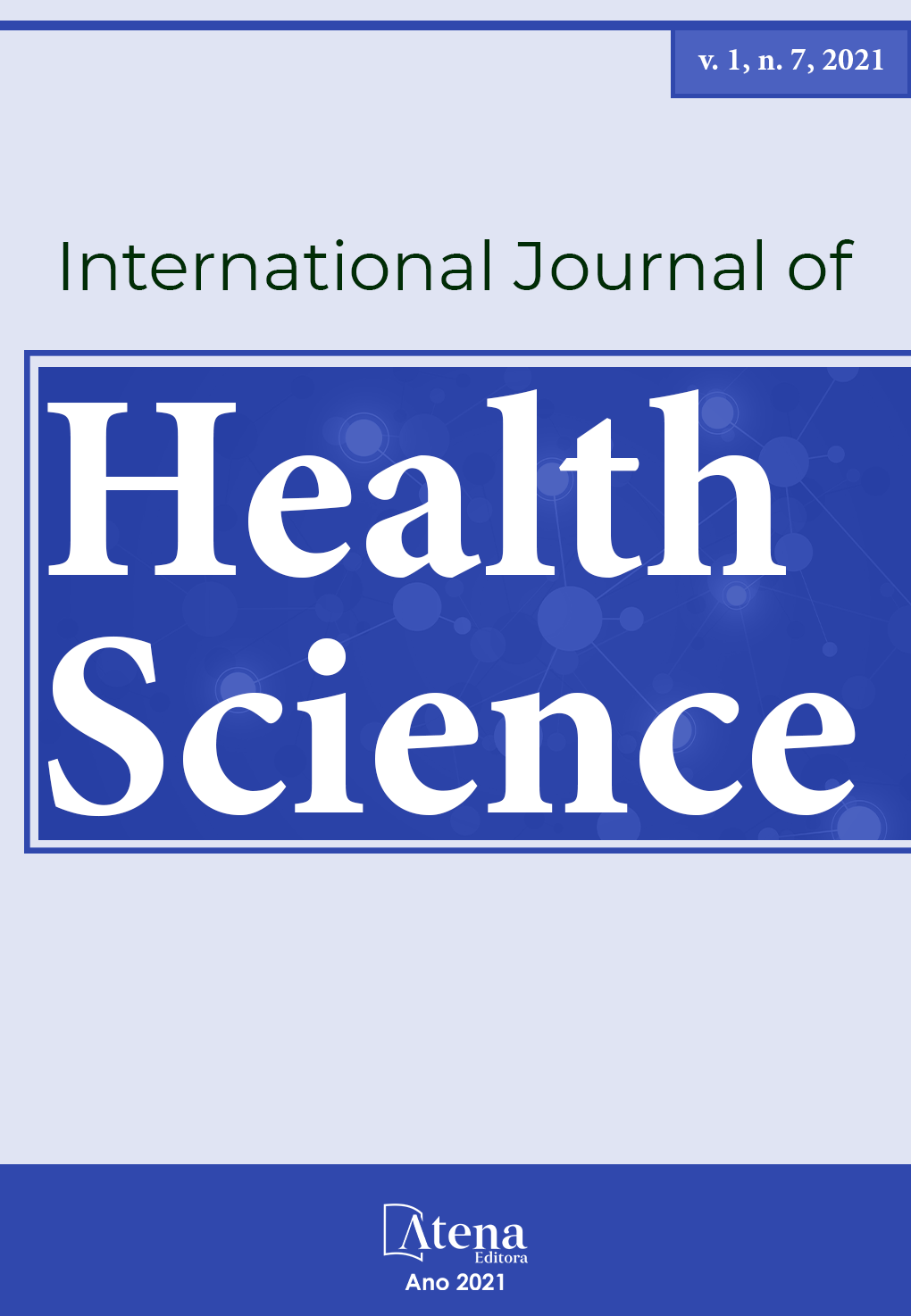
SKILLS OF THE GUIDING NURSES: A SYSTEMATIC LITERATURE REVIEW
The aim of this article is to identify the competences of nurses who guide nursing students in clinical education. Clinical education is one of the components of the nursing course, which guarantees the acquisition of knowledge, skills and attitudes necessary for autonomous and interdependent interventions in professional practice. The legal framework points to the contribution of nurses in the training of students, assuming that competence, sharing the responsibility for the teaching-learning process with the teacher. The capabilities, characteristics, responsibilities and even the skills desirable for this role are described in the literature in a scattered way. A systematic review was carried out, using the PICo method, in the electronic databases CINAHL, MEDLINE and SCIELO. 9 articles published between 2008 and 2018 were analyzed. Six categories of skills of the mentor nurse were identified: relational, analytical, reflective, pedagogical, learning and professional. Evidence points to relational competences as predictors of pedagogical competences. These, in turn, are harmoniously anchored to the analytical and reflective skills that mediate the acquisition of effective learning skills and support professional skills in the performance of the role of nursing advisor.
SKILLS OF THE GUIDING NURSES: A SYSTEMATIC LITERATURE REVIEW
-
DOI: 10.22533/at.ed.1592103124
-
Palavras-chave: Nursing; Preceptorship; Clinical Teaching; Skills; Preceptor.
-
Keywords: Nursing; Preceptorship; Clinical teaching; Competence; Preceptor.
-
Abstract:
The aim of this article is to identify the competences of nursing student’s preceptors in the clinical teaching. The clinical teaching is one of the components of the nursing degree course, that ensure the acquisition of knowledge, skills and attitudes necessary for autonomous and interdependent interventions of professional practice. The legal framework points to the contribution of the nurse as a preceptor of students, assuming the role of preceptor, sharing responsibility for the teaching-learning process with the teacher. The capacities, characteristics, responsibilities and even the desirable skills of preceptors, in the clinical teaching, are described in the literature in a dispersed way. We performed a systematic review, using the PICo method, applied to the CINAHL, MEDLINE, and SCIELO electronic databases. We analyzed 9 articles that were published between 2008 and 2018. We identified 6 categories of competence of the preceptor: relational, analysis, reflective, pedagogical, learning and professional. The evidence points to relational skills as predictors of pedagogical competencies. These, in turn, are anchored in a harmonious way to the analytical and reflexive competences that are mediators of the acquisition of effective learning skills and of support for the professional competences in the performance of the preceptor.
-
Número de páginas: 21
- Guida Amaral


